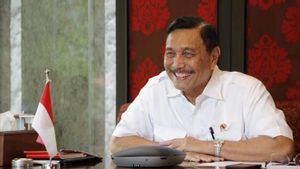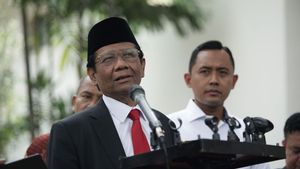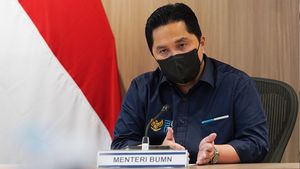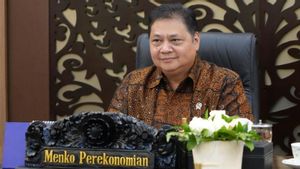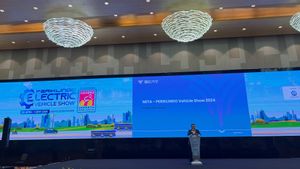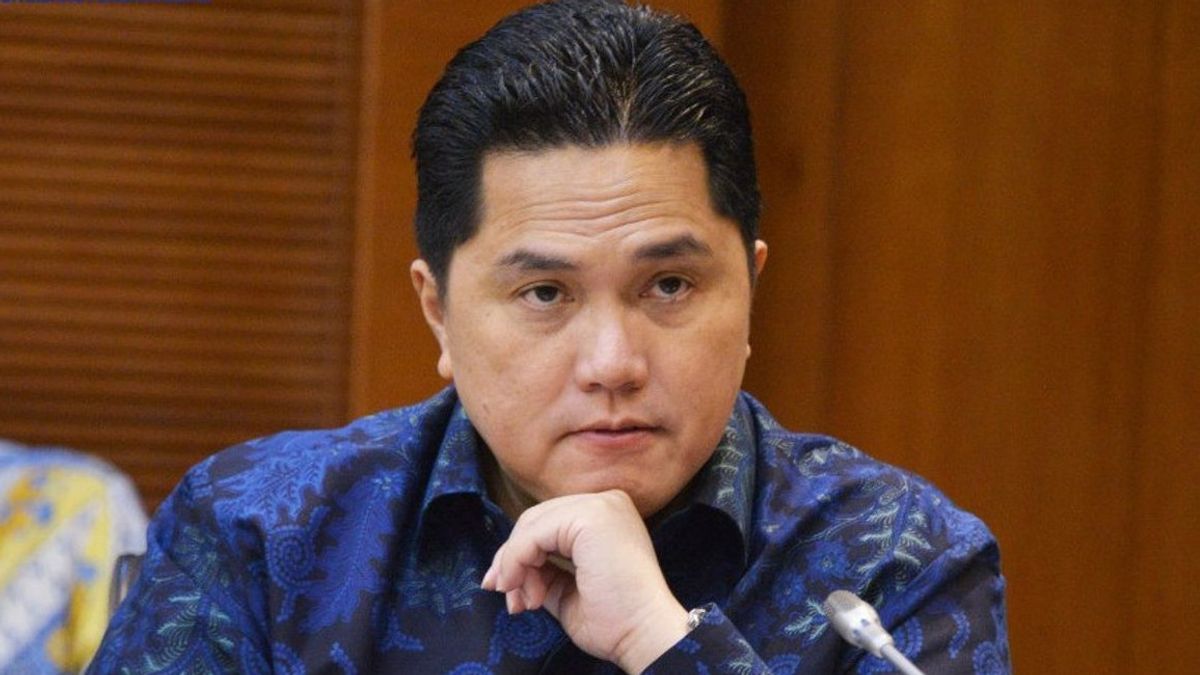
JAKARTA - Minister of State-Owned Enterprises (BUMN), Erick Thohir, responded to Faisal Basri's economic statement which stated that the Jakarta-Bandung High-Speed Train (KCJB) project would not return on investment until the end of the world. Erick saw that this assumption was not wrong. According to him, the project will not return on investment in a short time.
Furthermore, Erick said that infrastructure investment is indeed long-term. He said, the benefits of the KCJB project will be felt not now but in the next 30 to 40 years.
However, a country needs infrastructure development that will benefit the traffic of its citizens in the future.
"Yes, indeed (benefits) of infrastructure projects are long. We will not feel it until we die, maybe those who enjoy our children and grandchildren", he said at the Kick Andy Show, quoted Monday, November 15.
Erick admitted that he did not blame Faisal Basri's view. However, in the project, supply and demand must be considered. Because of that, he said he didn't want to argue.
"I'm not saying that the observer is wrong. But there must be supply and demand thinking. I don't want to debate, because I'm not an economist", he explained.
According to Erick, seeing the problem of the high-speed train cannot only be seen from one side. The benefits of high-speed trains, he said, must be seen from various perspectives in the eyes of a complete transportation ecosystem.
Furthermore, Erick gave an example of a country that has succeeded in becoming a developed country with infrastructure support, namely South Korea. According to him, since the 1960s South Korea has spent all of its state budgets on building infrastructure. In fact, at that time the country was still poor after the war.
Erick Thohir said that this step was one of the factors that made South Korea now a developed country.
"Well, we also have to look at the same perspective. The context is long term", he said.
Previously, University of Indonesia (UI) senior economist Faisal Basri criticized some transportation infrastructure projects built by the government. The projects in question are airports, ports, and high-speed trains.
SEE ALSO:
Faisal said the infrastructure projects were considered redundant because they would not be profitable but the investment was very large. Therefore, he considered, the current government is very wasteful, it can even lead to state bankruptcy.
"The project was built that was not random, the fast train project, which was originally business to business, will soon be injected with the state budget. Kertajati would be better off as a cattle shed, Kuala Tanjung port was built near Belawan, Palembang LRT, just a few things that I have to say, So, in my opinion, the conclusion is that the top leadership has made a mistake", he said in a virtual discussion, Wednesday, October 13.
Furthermore, Faisal also mentioned that soon it will be the people who will finance the project.
"Soon people will pay for the fast train, which may cost Rp. 400 thousand one way and it is estimated that until the end of the world there will be no return on investment", he said.
The English, Chinese, Japanese, Arabic, and French versions are automatically generated by the AI. So there may still be inaccuracies in translating, please always see Indonesian as our main language. (system supported by DigitalSiber.id)


